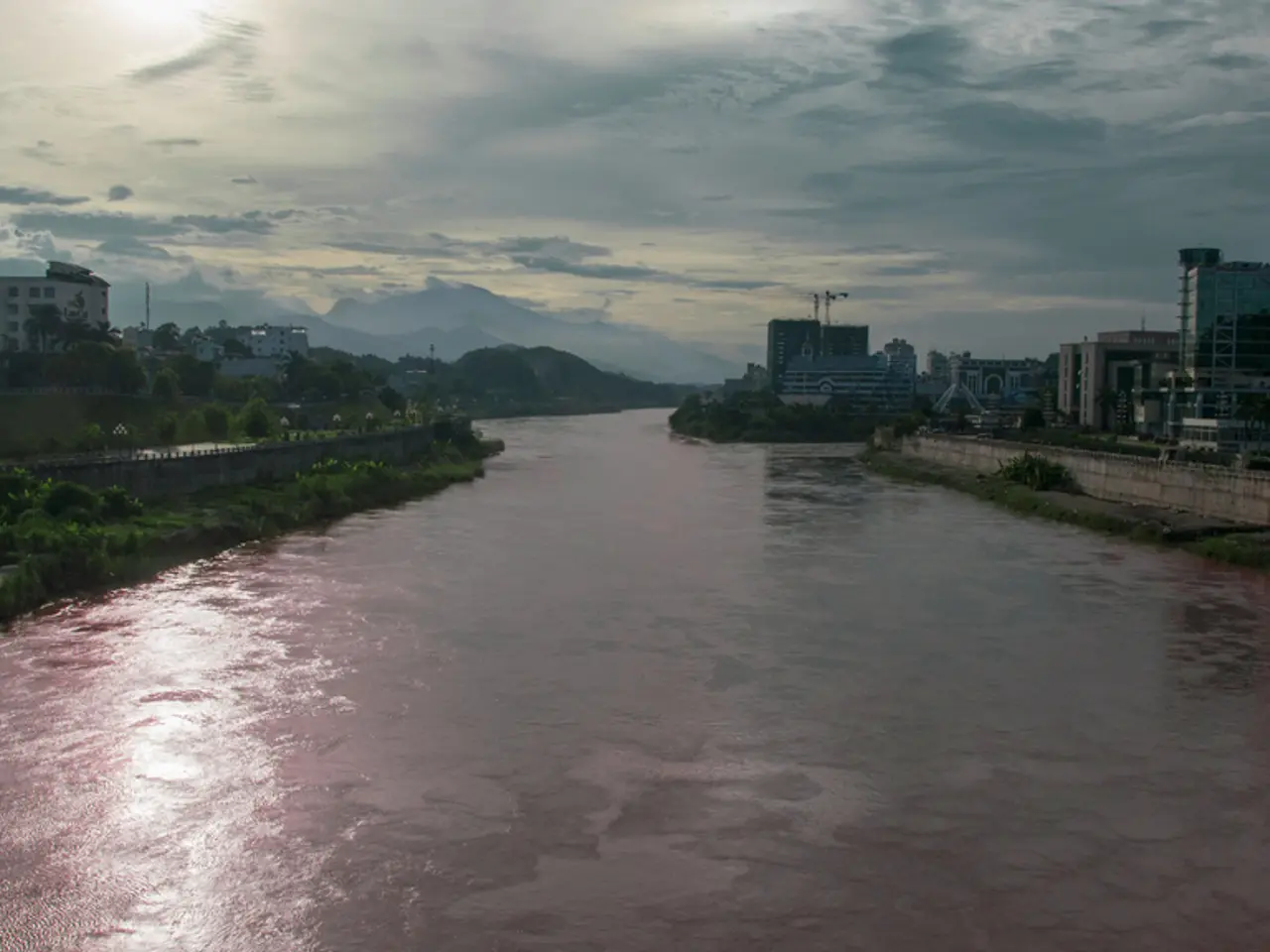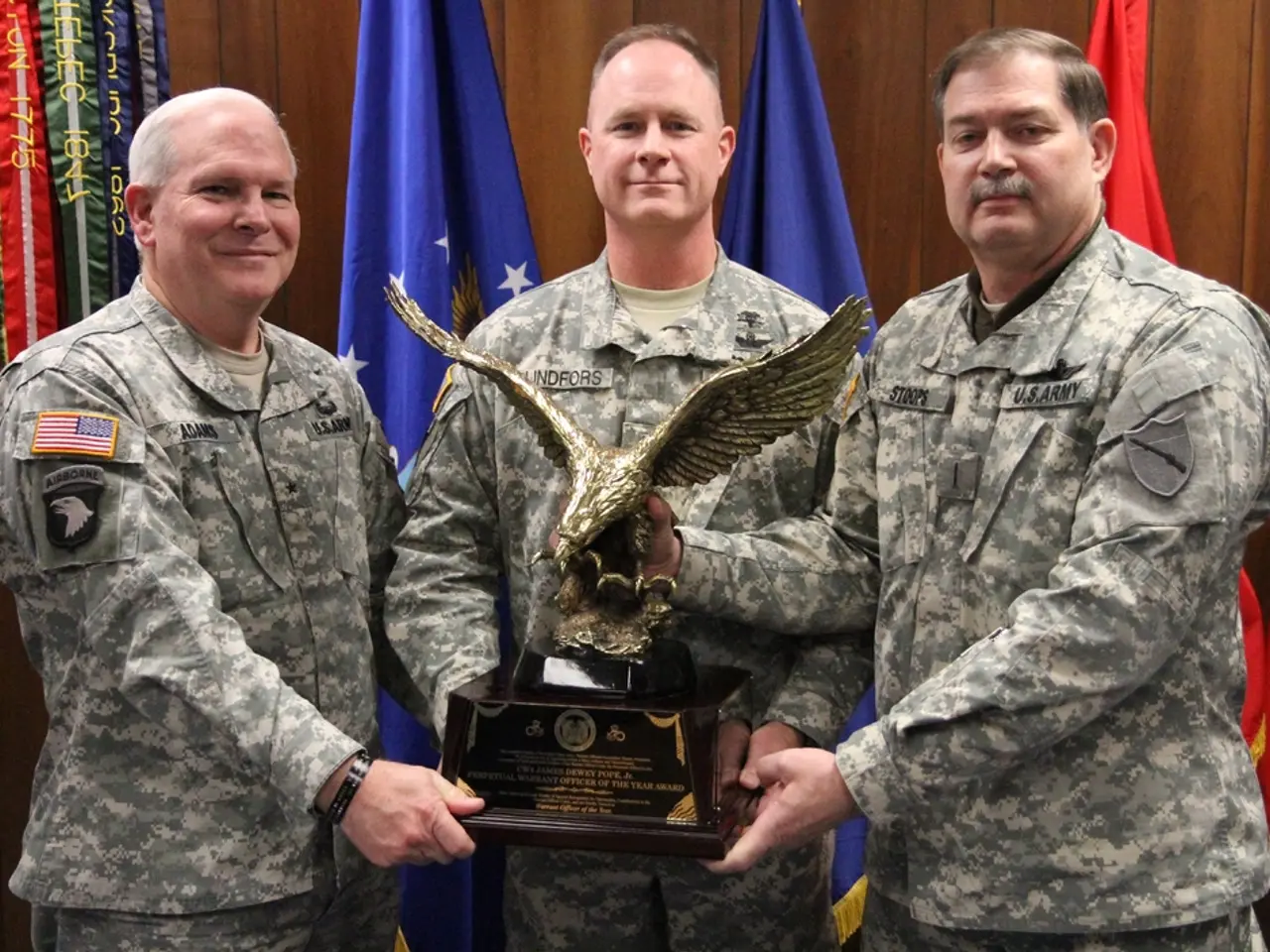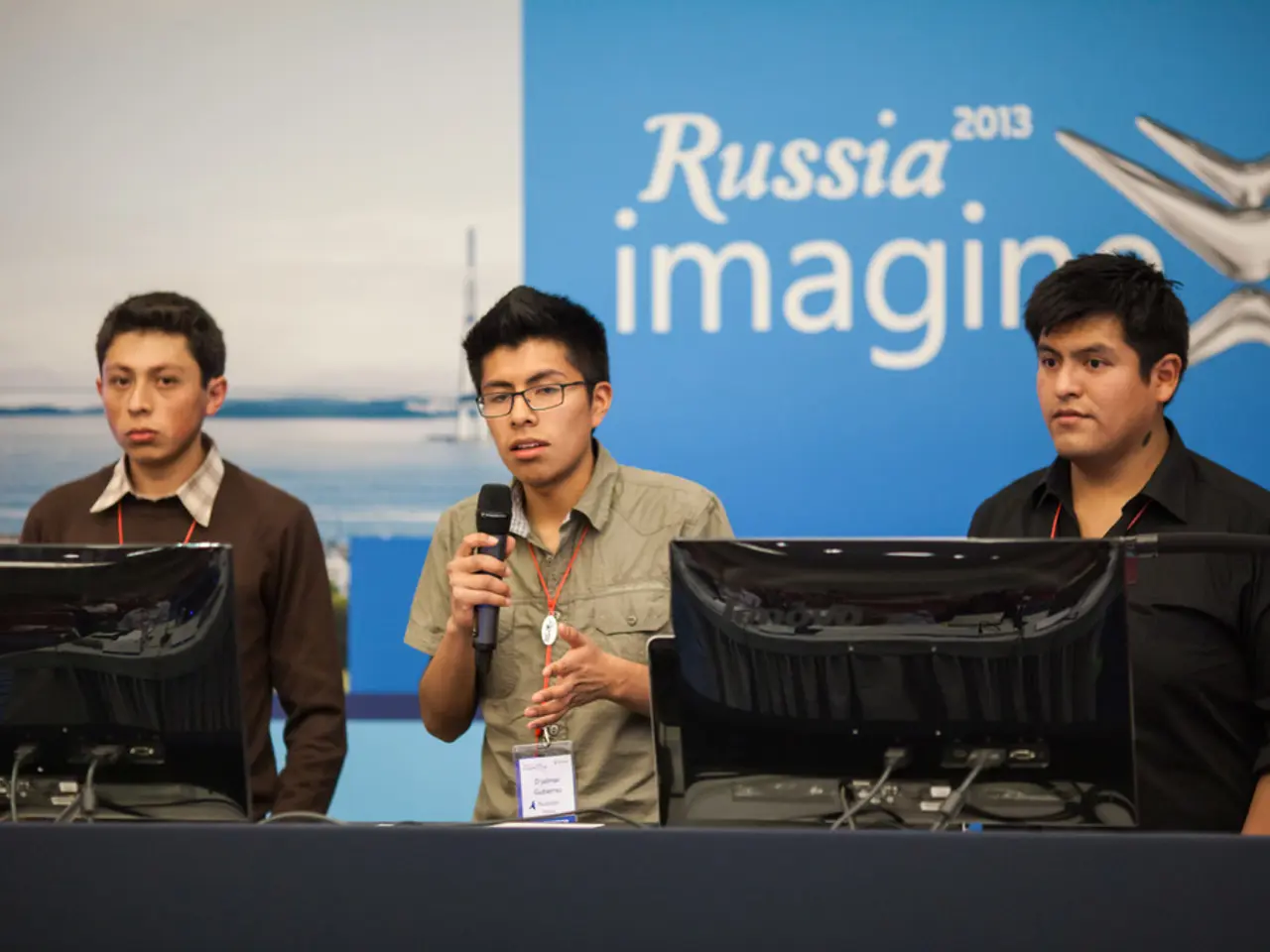Malaysia at risk of transforming into a terrorist transit point, as IS-affiliated Bangladeshis recruit migrant workers via social media platforms.
In a significant move, Russia has officially recognized the Taliban's Islamic Emirate, marking a major shift in international relations and raising concerns about women's rights in Afghanistan. This recognition comes after the Taliban's takeover in 2021 and follows Russia's removal of the group from its list of banned terrorist organizations.
The recognition was announced by Afghanistan's Foreign Minister Amir Khan Muttaqi and Russia's ambassador to Afghanistan, Dmitry Zhirnov, in Kabul on Thursday. Russia's move signals its intent to deepen cooperation with the Taliban on trade, infrastructure, security, counter-narcotics, and energy.
This recognition by Russia is a historic step for the Taliban, who have been seeking international recognition and investment to help Afghanistan recover from four decades of war. The Taliban welcomed the recognition, hoping it would encourage other countries, especially Muslim and regional neighbors, to follow suit.
China publicly welcomed Russia's decision, emphasizing the importance of Afghanistan being included in the international community. However, Western observers see the recognition as potentially isolating Russia and the Taliban further on the global stage, interpreting it as part of an "authoritarian solidarity" dynamic where authoritarian regimes legitimize each other, despite concerns over Taliban governance and human rights abuses.
Historically, Taliban rule has been marked by severe restrictions on women's freedoms and rights. The endorsement by Russia may reduce international leverage to promote improvements in women's rights and could embolden the Taliban's restrictive policies, given the legitimization Russia provides on the diplomatic front.
Multiple Afghan women activists have condemned Russia's recognition of the Taliban government. Fawzia Koofi, another former MP in Kabul, said any recognition of the Taliban will not bring peace, but will legitimize impunity and risk endangering not just the people of Afghanistan, but global security.
Potential areas of cooperation between Afghanistan and Russia include commercial and economic sectors such as energy, transportation, agriculture, and infrastructure. Russia also plans to use Afghanistan as a transit hub for gas heading to Southeast Asia.
However, it is important to note that senior Taliban figures remain under international sanctions, including by the United Nations. The Taliban, who have imposed an austere version of Islamic law, have yet to demonstrate significant reforms in respecting basic rights.
This recognition by Russia is a complex issue with far-reaching implications. While it strengthens Moscow's geopolitical position in Asia and signals potential shifts in regional alliances, it raises serious concerns about the future of women's rights in Afghanistan and contributes to the Taliban's international legitimacy despite ongoing rights violations.
- This recognition by Russia marks a significant shift in international policy-and-legislation towards the Taliban in Afghanistan.
- The Taliban has been seeking international recognition and investment to help rebuild the infrastructure of their country.
- The announcement of the recognition was made in the general-news by Afghanistan's Foreign Minister and Russia's ambassador to Afghanistan in Kabul.
- Russia's move to recognize the Taliban signals its intention to deepen cooperation on various fronts, including trade, security, counter-narcotics, and energy.
- The international community is divided on the issue, with some nations like China expressing support, while others view it as potentially isolating both Russia and the Taliban in the global sphere.
- As a result of the recognition, human rights activists, particularly women in Afghanistan, have expressed concerns about the future of their rights and freedoms under Taliban rule.
- Potential areas of cooperation between Afghanistan and Russia extend beyond politics, into sectors such as commercial trade, transportation, agriculture, and infrastructure.
- Despite the recognition, it is important to note that senior Taliban figures remain under international sanctions due to their role in war-and-conflicts and alleged human rights abuses.








